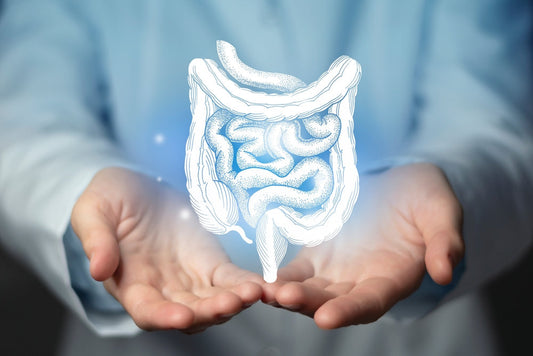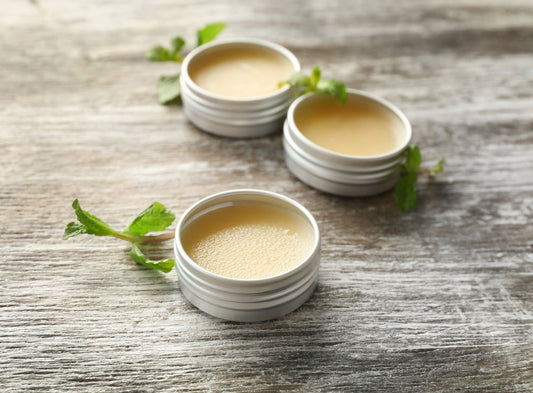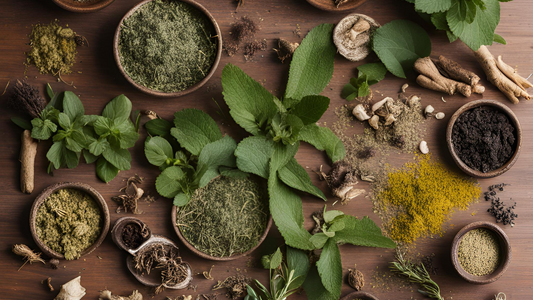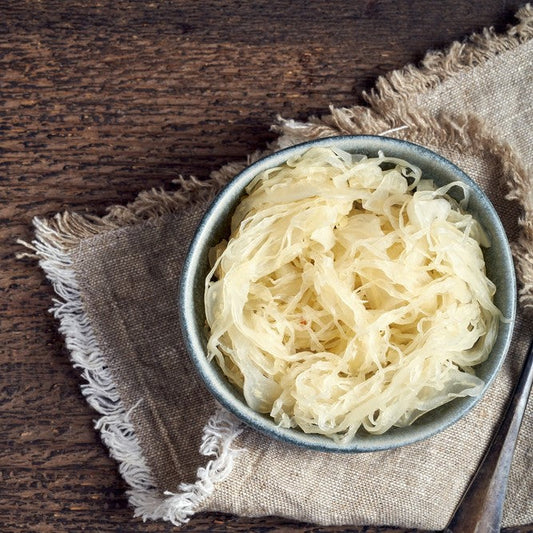Health and Wellness Blog

Magnesium Side Effects and How to Avoid Them
Magnesium is an essential mineral that plays a pivotal role in numerous biochemical processes within the human body. From nerve function to muscle contractions and energy production, magnesium is vital to...

The Health Benefits of Siberian Ginseng
Siberian Ginseng, scientifically known as Eleutherococcus senticosus, is a remarkable herb renowned for its extensive health benefits and adaptogenic properties. Originating from the harsh climatic conditions of Siberia, this ancient medicinal plant...

Probiotics and Colon Health
The human colon is an essential part of the digestive system. It is responsible for absorbing the remaining water and electrolytes from food that has passed through the stomach and...

How to Make Herbal Balms
Herbal balms have been around for centuries, and they can be great remedies to address a variety of skin conditions, wounds, rashes, and dry skin. You can find many...

Expectorant Herbs for Lung & Respiratory Health
Expectorants are a category of herbs that help the body expel mucus and help keep the lungs clear. If you're interested in natural health and remedies, it's important to understand...

Tips to Naturally Detox Your Gut
Our digestive system is the gateway to good health. It plays an essential role in breaking down the food we eat, extracting nutrients, and eliminating waste. However, over time, our...

Olive Leaf Extract: Health Benefits
The olive leaf is known to have incredible medicinal properties that can greatly benefit human health. Read all about its properties uses and effects here.

Best Foods for Gut Health
The health of our gut plays a critical role in our overall health. Every day researchers are learning more about the importance of gut health, especially the important role that...

What Is a Lymphatic Drainage Massage?
The lymphatic system is a critical system for detoxification. It maintains fluid levels in your body tissues by removing all fluids leaking out of your blood vessels. In addition,...